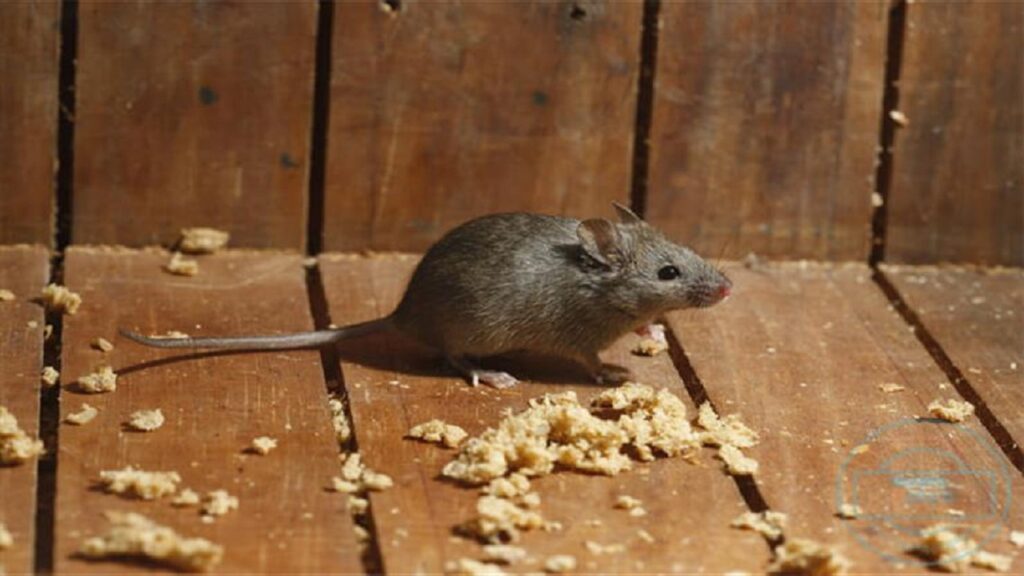If you are unsure of what house mice are, keep reading! They’re small and acrobatic, ammonia-ridden, and flexible. You’ll find out how to keep them out of your home and control their population. Read on to learn more about these critters. You may even want to invest in a mouse trap. Hopefully, this article will give you some helpful tips to get rid of mice.
They’re flexible
Mice are incredibly flexible. Their flexible vertebrae and rib cages make them able to squeeze through small spaces with little resistance. Because their body is so flexible, they can even fit their heads and bodies through narrow gaps without any difficulty. In addition, the rib cages and collar bones of mice are flat, which allows them to squeeze through small cracks without much resistance. So what’s the secret to making house mice so flexible?
They’re acrobatic
House mice are nocturnal and can live for two to five years. They can live on nearly any surface and can jump, run, and climb. They are very agile and can squeeze through small gaps, ranging from 1/4 to one-half inch wide. They will also gnaw into the smallest of openings. House mice will produce as many as 18000 droppings in one year. You can hear them scratching and scurrying in the walls and ceiling, so you’ll want to keep an eye out for them.
They’re ammonia-ridden
The characteristics of a urine spot show a strong correlation to the ammonia content of the mouse’s urine. For example, the diameter of a spot has a high correlation with the ammonia content of the mice’s urine. The spot’s colour and edge are also related to the ammonia level. Interestingly, urine spots in male mice were bigger and darker than those in female mice. The study also revealed that the mice tend to congregate in the darker interior portion of the cage.
They’re small
Most mice are brown, but some species have a lighter or darker colour. The typical house mouse is between two and three and a half inches long, with small legs and large ears. It has a dark grey coat and weighs between 12 and 30 grams. Unlike other rodents, house mice are quite small and can fit into almost any space. These tiny creatures feed on grains and cereals and also eat meat.
They’re gray
Though deer mice and house mice are similar, deer mice carry diseases that humans cannot. They are prone to rickettsia pox and lymphocyte-related meningitis. Hantaviruses are spread through the saliva and waste of these rodents, which can cause serious illnesses, including hantavirus pulmonary syndrome. In addition to their gray colour and small ears, deer mice are more likely to be carriers of fleas and lice.
They breed quickly
House mice breed very quickly and can have multiple litters a year. A female mouse reaches sexual maturity at six weeks old and can produce six to eight pups per litter. A female mouse can give birth to up to six litters a year, with the second liter often occurring only 25 days after the first. Mice breed all year, but can only breed outdoors in the spring, summer, and fall. The winter months are simply too cold for successful breeding.
They spread diseases
You may be unaware that house mice can spread several diseases. One of these diseases is salmonellosis, which is caused by consuming contaminated water or food. Symptoms can range from abdominal cramps to diarrhea. This disease is easily transmitted through the air and contaminated surfaces. It can also cause serious health problems, such as brain damage, liver failure, and even death. The good news is that you can easily avoid getting sick by following good hygiene and sanitation practices.
They damage property
There are many ways to deal with the problem of house mice. In addition to causing property damage, they also carry dangerous diseases and spread infections through their chewing. If not controlled, mice can damage electrical wiring and other parts of a building. You should never attempt to handle these rodents on your own. Contact a professional pest control service to handle the removal and cleanup. If you do find mice in your building, you should contact professional pest control services to get rid of them as soon as possible.
They’re a nuisance
If you’ve had mice in your home for any length of time, you know just how much of a hassle they can be. House mice can fit through holes as small as a dime. Luckily, mice are very sociable creatures, with males generally being friendly towards females friendly toward males. Mice also like to keep up territories, and the higher-ranking males will tend to dominate the lower-ranking mice. They are especially territorial and will mark their territories with urine. Fortunately, they are not aggressive toward people, but they can be inquisitive.
Also Read: Cockroach Prevention is Necessary for Protecting Health

